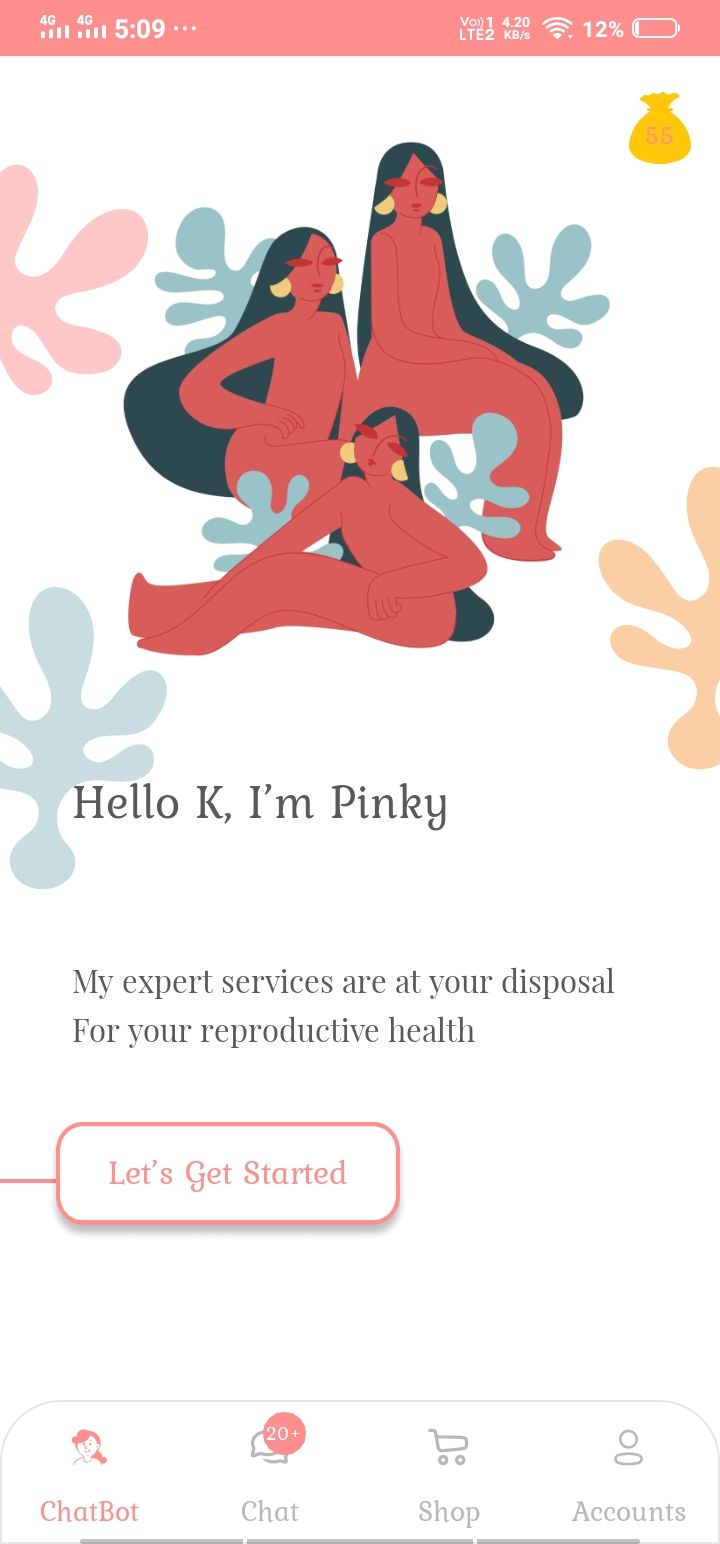Emergency contraception (EC) is a good safety net when you have sexual intercourse, and no contraception is used or the contraception method used is compromised. When used within 3 days of intercourse, emergency contraception can prevent up to 95% of pregnancies. It’s crucial to consider the time when evaluating emergency contraception effectiveness. It is critical for the medication’s effectiveness. For example, the sooner you take an emergency contraceptive pill, the more successful it will be. You should take the emergency contraceptive pill as soon as possible after unprotected sex, up to 72 hours (3 days).
Emergency pill effectiveness :
Emergency contraception prevents pregnancy if you have not used contraception or believe your usual method has failed. Emergency contraceptive pills (ECPs) and the copper intrauterine device (IUD) are the two main forms of emergency contraception. Do not use emergency contraception as your primary method of contraception.
If taken immediately after unprotected sex, both methods of emergency contraception are effective at preventing pregnancy. Because the copper IUD is the most effective method of emergency contraception, it should be offered to all women who require emergency contraception (if appropriate or acceptable). Pregnancy is possible in less than 0.1% of women who use an IUD. However, pregnancy after using an emergency contraceptive pill is not as uncommon. 1 2
How does emergency contraception or morning-after pill work?
The emergency contraceptive pill does not reverse pregnancy. It is, instead, a type of emergency contraception that prevents pregnancy. The emergency contraceptive pill works primarily by preventing ovulation. Ovulation is a regular aspect of the reproductive cycle. It is the stage at which your ovaries release an egg, then fertilised by sperm, and the fetal development process begins. You cannot become pregnant if you do not ovulate.3
How long is emergency contraception effective?
The emergency contraceptive pill contains the hormone Levonorgestrel. It can prevent up to over 95% of pregnancies if taken within 72 hours of having unprotected intercourse. It is considerably more effective if taken within 24 hours. But, you should be aware that levonorgestrel is not as effective as regular contraception. So, it should not be used as a form of birth control. It also does not protect you from sexually transmitted infections. It’s not for regular use; consider it a backup birth control method.4
What are the chances of getting pregnant with emergency contraception?
The sooner you use emergency contraception, the better it will work. According to studies, if you use emergency contraception within 72 hours of sex, you have a 1% to 2% risk of becoming pregnant. Levonorgestrel works best if taken within three days of sex. The emergency contraception pill is less effective if you take it 3 days after having sex. However, IUDs can function for up to five days after sex. They, however, are only averages. What actually matters is where you are in your cycle. If you have sex while pregnant, waiting several days to use emergency contraception may be too late. As a result, doctors advise using it as soon as possible after having sex.5
How effective is emergency contraception within 24 hours or 2 days after having sex?
It is quite effective if you take the pill within 24 hours or 2 days of having unprotected sex. This pill is most successful in preventing pregnancy when taken as soon as possible. You should take the emergency contraceptive pill within 72 hours or three days after unprotected sex.
Is emergency contraception effective after 72 hours?
No, emergency contraception effectiveness after 72 hours reduces. You should use emergency contraception as soon as possible after having sex without a barrier or other methods of contraception. It can work for up to 72 hours after unprotected sex, but the sooner a person takes it, the more effective it is.6
What causes emergency contraceptives to fail?
Although emergency contraception can help prevent pregnancy, it is not uncommon for people to use it and still become pregnant. Here’s why –
- You didn’t take the pill within 3 days after sex – It’s all about timing in an emergency contraceptive pill. You are advised to take the pill as soon as possible; if you wait too long, you may miss the window during which the pill is effective. The emergency contraception is most effective if you take it immediately after sex, it may prevent you from ovulating if you haven’t already. It is necessary to maintain the emergency contraception effectiveness.
- The morning-after pill is more effective for some body types – Earlier studies have shown that emergency contraceptive pills containing levonorgestrel may be less effective in women with a high BMI. However, you can consult a doctor for an alternative method of emergency contraception (IUD) to prevent pregnancy.
- You are taking a medication that interacts with emergency contraception – Check the emergency contraception package information for more details. A person should keep a record of all nonprescription and prescription medicines, as well as herbal products, that they use. Make sure to share this information with a doctor and pharmacist. Interactions between hormonal birth control and the antiprogestin emergency contraceptive pill are also possible.7 8
How effective is the pull-out method?
The pull-out method, also known as withdrawal or “pulling out,” involves the male partner withdrawing his penis from the vagina before ejaculation to prevent pregnancy. While it’s better than no contraception, it’s considered one of the least effective methods. The pull-out method works about 80% of the time. One in every five women who use the pull-out methods for birth control becomes pregnant. It offers little protection against sexually transmitted infections (STIs) as well. For reliable contraception, more consistent methods like condoms, birth control pills, or intrauterine devices are recommended. 9
What is the duration it typically takes for sperm to reach and fertilize the egg?
After ejaculation, sperm embark on a journey to meet the egg in the fallopian tube. This process usually takes around 30 minutes to 12 hours, although individual variations occur due to factors like the sperm’s quality, the distance to the egg, and the female reproductive tract conditions. Sperm must navigate through the cervix, the uterus, and eventually reach the fallopian tubes where fertilisation occurs. The survival time of sperm in the female reproductive tract can influence the timing of conception.10
What are the possible side effects of emergency contraceptive pills?
Almost all women may use emergency contraception safely. The pills have no known side effects in most of them. While the emergency contraception advantages are endless. But you may experience mild symptoms such as nausea, mild stomach pain, and headache. If you suffer severe nausea, your doctor may be able to prescribe medication to help. You may also experience spotting, and your next period may arrive a few days earlier or later than usual. If you have medical issues and feel that using emergency contraception may be harmful, consult a doctor. 11





